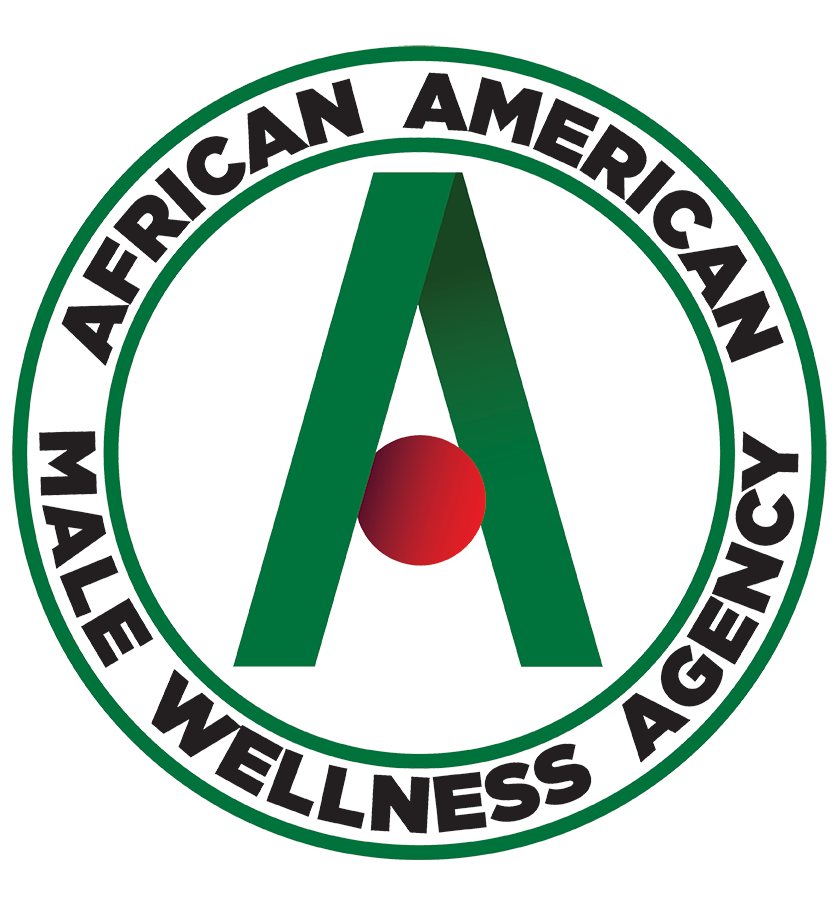
16 Feb Opioid Awareness with the African American Wellness Agency
The opioid epidemic has been one of the most significant public health crises in recent years, affecting communities across the United States. While the crisis has impacted people of all races, it has had a particularly devastating impact on the Black community. Despite this, awareness about the opioid epidemic and its impact on the Black community remains limited. In this article, we will explore the opioid epidemic’s impact on the Black community and the importance of opioid awareness in this community.
The opioid epidemic has claimed the lives of hundreds of thousands of people across the United States. In 2020 alone, over 93,000 people died from drug overdoses, with opioids being the primary driver of these deaths. This epidemic has disproportionately affected the Black community, with Black Americans experiencing higher rates of opioid overdoses and deaths than any other racial or ethnic group. The rate of increase of African American drug overdose deaths between 2015-2016 was 40 percent compared to the overall population increase at 21 percent. Following in 2018, 1.2 million non-Hispanic Blacks and 10.3 million people nationally, aged 12 and older, were estimated to have had opioid misuse in the past year. This exceeded all other racial and ethnic population groups in the U.S. during this time period.
There are several reasons why the opioid epidemic has hit the Black community particularly hard. One major factor is the lack of access to quality healthcare and treatment. Many Black Americans do not have health insurance, and those who do often face discrimination and bias from healthcare providers. This can make it challenging for Black Americans to access the necessary treatment and support for opioid addiction.
Another factor that contributes to the opioid epidemic’s impact on the Black community is the prevalence of chronic pain. Black Americans are more likely to experience chronic pain than other racial or ethnic groups, and they are often prescribed opioids to manage their pain. However, they are also more likely to be prescribed higher doses of opioids and for longer periods, putting them at a greater risk of addiction and overdose.
Finally, the opioid epidemic has also been fueled by the illegal drug market, which disproportionately affects Black communities. The illegal drug market often involves the sale of dangerous, counterfeit drugs that can be laced with fentanyl, a powerful synthetic opioid that is responsible for many overdose deaths.
To address the opioid epidemic’s impact on the Black community, it is essential to raise awareness about the risks of opioid use and the importance of seeking treatment for addiction. This includes educating healthcare providers about the biases and discrimination that can affect their care for Black patients, as well as increasing access to addiction treatment and recovery support for Black Americans.
Community-based initiatives can also play an essential role in raising opioid awareness and providing support for those struggling with addiction. This includes providing resources and information about the risks of opioid use, as well as offering support groups and other forms of peer support.
All in all, the opioid epidemic has had a devastating impact on the Black community, with Black Americans experiencing higher rates of opioid overdoses and deaths than any other racial or ethnic group. It is crucial to raise awareness about the risks of opioid use and to increase access to treatment and recovery support for Black Americans. By working together to address the opioid epidemic, we can help save lives and build healthier, more resilient communities for all.
For this reason, the NAMMWA provides an opioid awareness campaign that uses culturally relevant messaging and creative visual elements to make all aware of the state of opioid usage amongst the African American community and provides education on how to support those who have been identified with a struggle with opioid addiction. In addition to our awareness campaign we have established a network of treatment centers and mental health services to ensure that our campaign is supported with available services for all in need.
